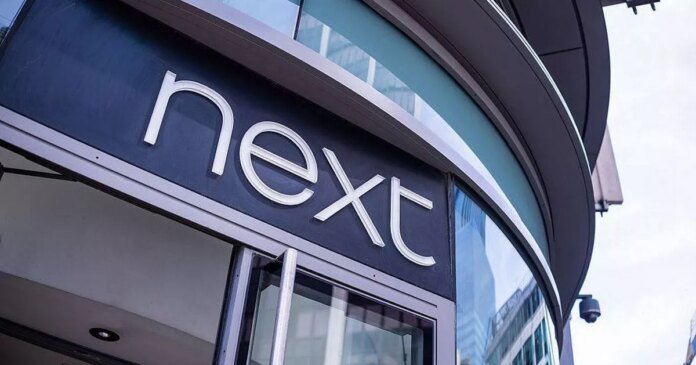Fashion retailer Next is currently experiencing a fierce competition for job positions, with an average of 67 applicants vying for each available job opening.
The company has noted a significant decline of over a third in vacancies for store staff over the past two years, as existing employees opt to remain in their roles due to economic uncertainties.
Despite this decrease in job openings, applications for retail positions have surged by 72% during the same period, resulting in an average of 16 candidates per job. The competition is even more intense for head office positions, with a 121% increase in applications since 2023, equating to 67 applicants per vacancy.
This surge in job applications coincides with criticism directed at the government’s recent increase in national insurance contributions for businesses, which has led to higher employment costs. Additionally, the rapid integration of artificial intelligence technologies is beginning to replace human tasks in various industries.
Next’s CEO, Simon Wolfson, highlighted that these rising costs have accelerated the adoption of automation and AI within the workforce. He reassured that the impact is unlikely to result in mass job losses but rather a gradual shift towards more mechanized operations and increased productivity measures.
Lord Wolfson, a member of the Conservative Party, expressed concerns regarding the potential consequences of the new Employment Rights Bill proposed by the Labour Party. He cautioned that extending protections for workers on “low hour” contracts, similar to those on zero-hours contracts, could lead to reduced job opportunities and impact wages negatively.
Despite the economic challenges ahead, Next reported a notable 14% rise in profits to £515 million for the first half of the year. The company attributed this growth to favorable weather conditions and a cyber attack on competitor Marks & Spencer, which redirected customers to Next for online clothing purchases.
However, Next remains cautious about the future economic landscape, anticipating slower sales growth in the latter half of the year. The Bank of England decided to maintain interest rates at 4%, emphasizing that the UK still faces inflationary pressures, particularly in food prices due to tax contributions.
Bank Governor Andrew Bailey emphasized the need for gradual and careful adjustments to borrowing costs, noting that the Monetary Policy Committee (MPC) is monitoring inflation trends closely before considering any rate cuts.
The MPC’s cautious approach towards reducing borrowing costs reflects the need for more evidence that inflationary pressures in the UK are easing before making any significant policy changes.

